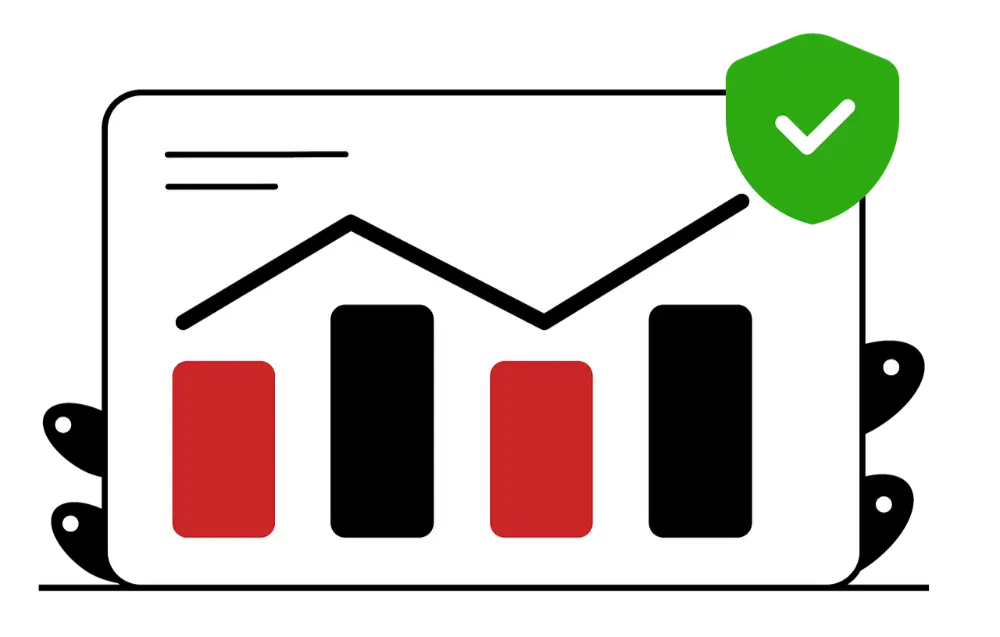What Is Lead Generation in B2b?

Lead generation in B2B (business-to-business) refers to the process of identifying and attracting potential business clients who have shown interest in a company’s products or services. Unlike B2C, where the target audience is individual consumers, B2B lead generation targets decision-makers within other businesses, aiming to build a sales pipeline by nurturing qualified prospects.
Why Is Lead Generation Crucial in B2B?
In B2B markets, sales cycles tend to be longer and more complex, involving multiple stakeholders and higher-value transactions. Effective lead generation allows businesses to:
- Identify high-quality prospects who are more likely to convert.
- Build lasting relationships through tailored communication.
- Increase sales opportunities systematically.
- Optimize marketing and sales efforts by focusing on qualified leads.
Key Components of B2B Lead Generation
- Lead Capture: Collecting contact information via forms, landing pages, and content downloads.
- Lead Qualification: Assessing if a lead matches ideal customer profiles or buyer personas through scoring techniques.
- Lead Nurturing: Engaging leads with targeted content, emails, or calls to move prospects closer to purchase decisions.
- Lead Management: Organizing and tracking interactions to ensure timely follow-ups and optimize conversion chances.
Common B2B Lead Generation Strategies
- Content Marketing: Offering valuable resources like whitepapers, case studies, and ebooks to attract and educate potential clients.
- Email Marketing: Sending personalized communication that addresses prospect pain points and encourages engagement.
- Social Selling: Leveraging platforms like LinkedIn to identify prospects, share relevant content, and build professional relationships.
- Paid Advertising: Using PPC campaigns targeting industry-specific audiences on Google, LinkedIn, or other platforms.
- Webinars and Events: Hosting live or virtual sessions to demonstrate expertise and interact with prospects.
Tools and Technologies
B2B lead generation often involves tools such as:
- Customer Relationship Management (CRM) systems to track and manage leads.
- Marketing Automation Platforms to streamline campaigns and scoring.
- Data Enrichment Services for detailed prospect information.
By integrating these technologies, businesses enhance efficiency and gain insights into lead behavior.
For a comprehensive dive into lead generation strategies and best practices, explore this detailed lead generation guide.
Conclusion
Lead generation in B2B is essential for sustained business growth, providing a structured approach to finding and converting ideal clients. By investing in effective strategies, qualification, and nurturing, companies can build robust pipelines and accelerate sales.
Ready to transform your lead generation efforts? Start implementing proven techniques today and watch your business connections grow.